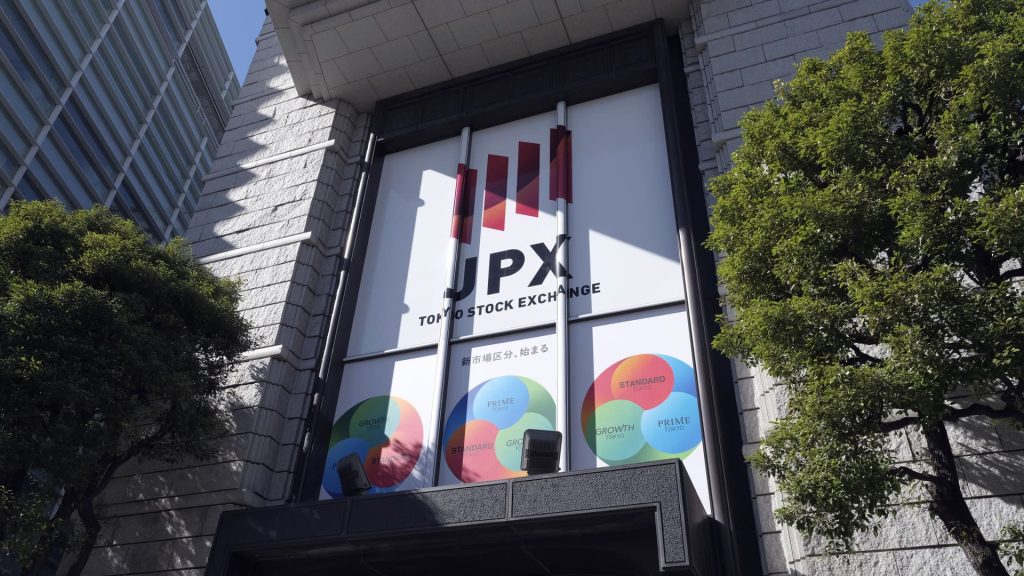Taiwan’s Weighted Index led losses in Asia on Friday, falling 3.44% as most major markets in the region fell amid escalating tensions in the Middle East.
Asian equities declined as a person familiar with the matter told NBC News that Israel carried out a limited strike in Iran. Stocks and risk assets tumbled, while safe havens rose.
Gold hit an all-time high as the Japanese yen also strengthened, while bitcoin plunged.
Oil prices jumped more than 3% with global benchmark Brent crude futures crossing $90 a barrel, before easing to just above $89. U.S. stock futures dropped more than 1%, before also recovering slightly.
Japan’s Nikkei 225 was down 2.47%, paring earlier losses, while the broad based Topix fell 1.8%.
On Friday, Japan released its March inflation data, with the headline inflation rate coming in at 2.7%, down from the 2.8% seen in February.
The core inflation rate — which strips out fresh food prices — stood at 2.6%, in line with expectations from economists polled by Reuters.
South Korea’s Kospi was 1.76% lower after leading gains in Asia on Thursday, while the small-cap Kosdaq slipped 1.59%.
In Australia, the S&P/ASX 200 fell 1.14%. Hong Kong’s Hang Seng index was down 1.23%, while the mainland Chinese CSI 300 slipped 0.88%.
Overnight on Wall Street, all three major indexes ended mixed, with the S&P 500 posting five straight days of losses, its longest losing streak since last October. The broad index lost 0.22%, while the Nasdaq Composite dropped 0.52%.
The Dow Jones Industrial Average added 0.06%, closing just above its flatline for 2024.
— CNBC’s Brian Evans and Alex Harring contributed to this report.
Read the full article here
